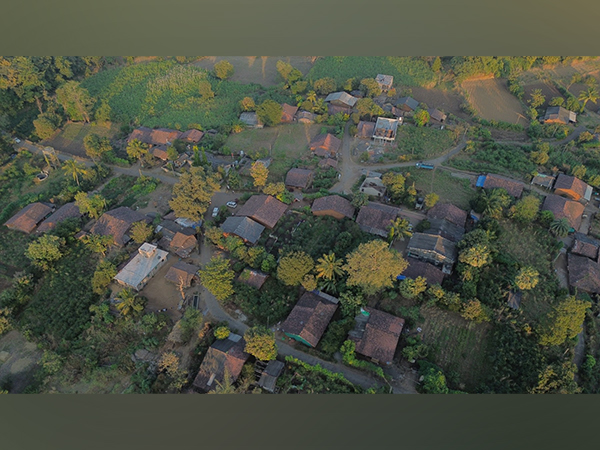Dhaj: A Model Eco-Village Pioneering Sustainable Development in Gujarat
Dhaj, Gujarat's first eco-village, exemplifies sustainable development by balancing conservation and modernization. Empowered by state initiatives, it offers eco-friendly facilities and boosts local livelihoods. Recognized on World Forest Day, it serves as a beacon for similar transformations across India, including future plans for Naghoi village.

- Country:
- India
In the dense forests of Gujarat's Mandvi North Range, Dhaj village stands as a pioneering model of sustainable development, recognized as the state's first eco-village. This accolade comes as a result of visionary reforms, blending environmental conservation with essential modernization, and is celebrated on the occasion of World Forest Day. The theme, 'Forests and Food,' highlights the crucial contribution of forest ecosystems in ensuring food security.
The transformation of Dhaj into an eco-village was initiated in 2016 with the intent to foster collective environmental consciousness and sustainable economic development. Under the supervision of Chief Minister Bhupendra Patel, efforts are currently underway to develop Naghoi village in Olpad Taluka as an eco-village. This strategic move follows noticeable environmental progress, facilitated by the introduction of infrastructure, such as solar street lighting, biogas units, and rainwater storage systems, that Dhaj has experienced since its recognition as an eco-village.
Once a village lacking basic amenities, Dhaj now boasts of self-sustaining initiatives propelled by various governmental schemes, including modern dairy cooperatives and biogas facilities, significantly improving residents' quality of life. The deployment of solar-powered technology, alongside improved communication infrastructure, reflects the significant strides made under the eco-village project. Such developments not only lighten the workload of villagers like Saruben Vasava but also empower women, evidenced by Ushaben Vasava's success in her dairy cooperative role. The envisioned model for Naghoi village aims to replicate these successes across Gujarat and beyond, paving the way for future eco-village initiatives.
(With inputs from agencies.)










